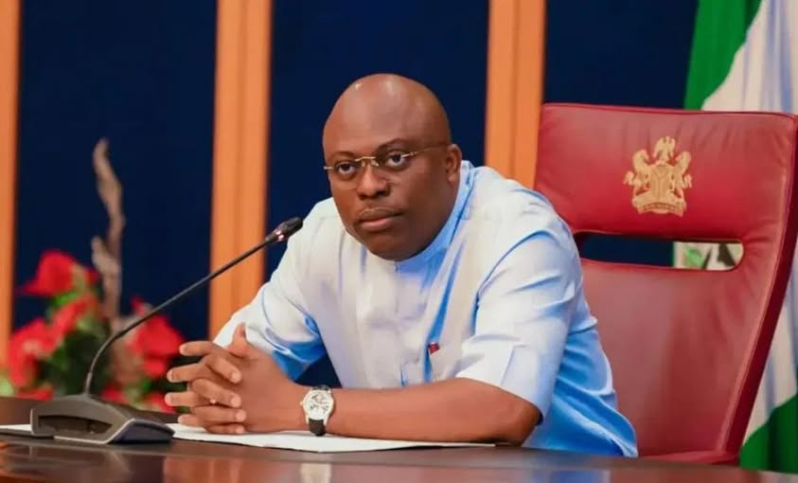
Expectations are running high in Rivers State as the six-month government-declared state of emergency, imposed amid political violence and institutional breakdown, is set to expire at midnight.
The extraordinary measure, first announced on March 18, 2025, suspended Governor Siminalayi Fubara, his deputy Ngozi Odu, and all members of the Rivers State House of Assembly. It followed weeks of political unrest, targeted killings, and sabotage of critical infrastructure.
President Bola Tinubu invoked Section 305 of the 1999 Constitution to justify the action, citing three core reasons: the collapse of the legislative arm following defections and a Supreme Court ruling ignored by the executive; Governor Fubara’s refusal to comply with court orders, including rebuilding the demolished State House of Assembly complex; and rising security concerns, notably vandalism of oil pipelines and a fire on the Trans Niger Pipeline.
Beyond the official explanations, many Nigerians traced the crisis to the deep rift between Governor Fubara and his predecessor, Nyesom Wike, now a key minister in the federal cabinet. For Fubara, the confrontation with his political godfather was seen as a battle he was unlikely to win.
In the aftermath, retired Vice Admiral Ibok Ete Ibas was appointed as administrator to replace the suspended governor. While the government maintained that its priority was to protect lives, restore order, and preserve democracy, civil society organisations decried the suspension of elected officials as unconstitutional and an overreach of executive power.
Six months on, Port Harcourt and its environs are calmer. Markets and schools have reopened, curfews have been eased, and reports suggest that Fubara and Wike have partially reconciled, though their supporters remain divided. Some voices are calling for an extension of the emergency rule, warning that peace remains fragile, while others insist it is time to restore full democratic control.
The silence from the Federal Government, however, has left Rivers residents and political observers uncertain. With the deadline just hours away, questions remain: will Abuja extend emergency rule, restore the suspended governor, or chart an entirely new course?
What is clear is that the decision will set a precedent with far-reaching implications for Nigeria’s constitutional order, the balance of federal power, and the credibility of democratic governance. As the clock runs out, all eyes are on the Federal Government for answers that may reshape Rivers politics and beyond.
Reported by Stone Reporters News 📩 info@stonereportersnews.com | 🌍 stonereportersnews.com | 📘 Facebook: Stone Reporters | 🐦 X (Twitter): @StoneReportNews


Add comment
Comments